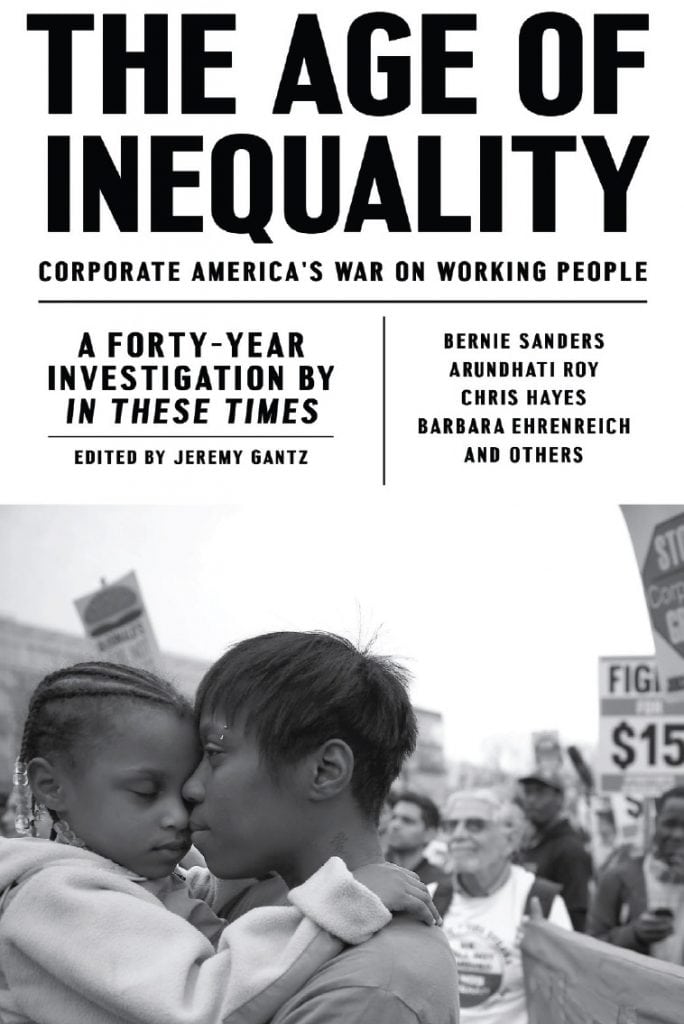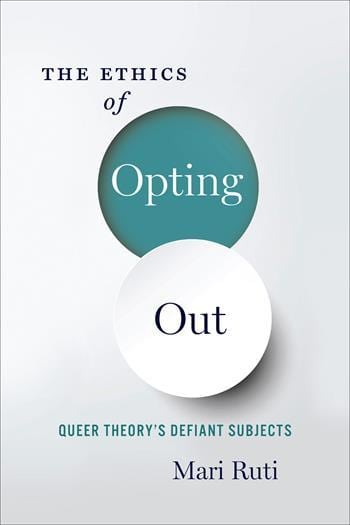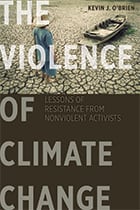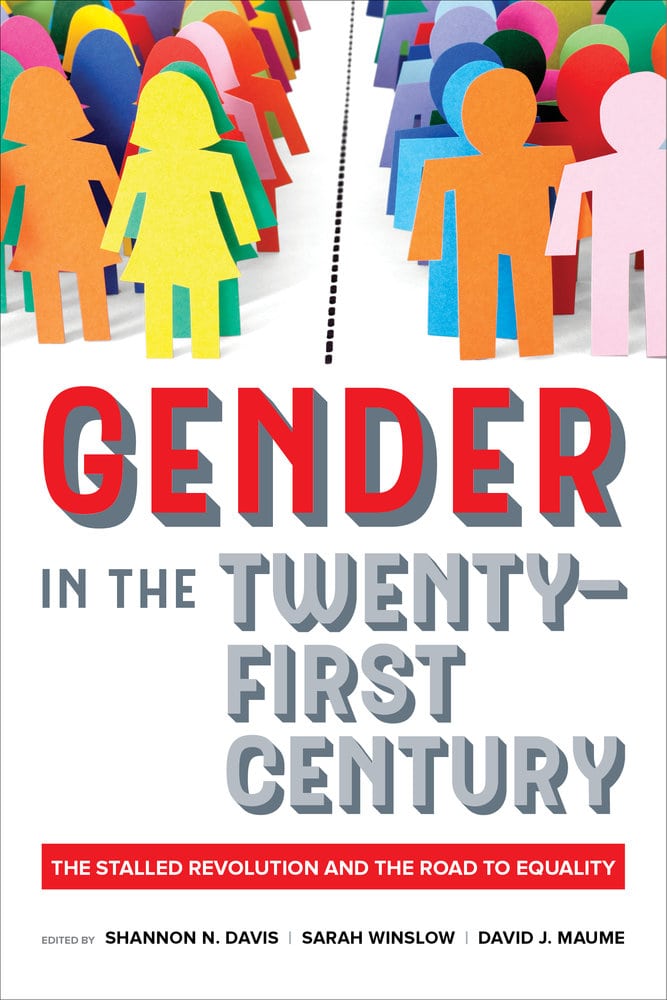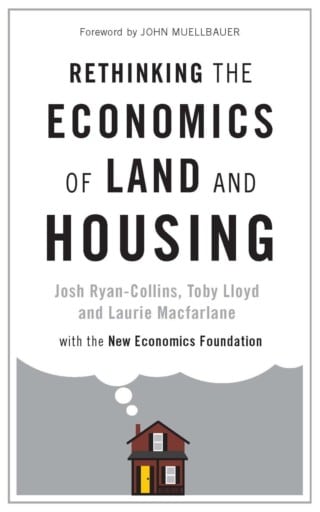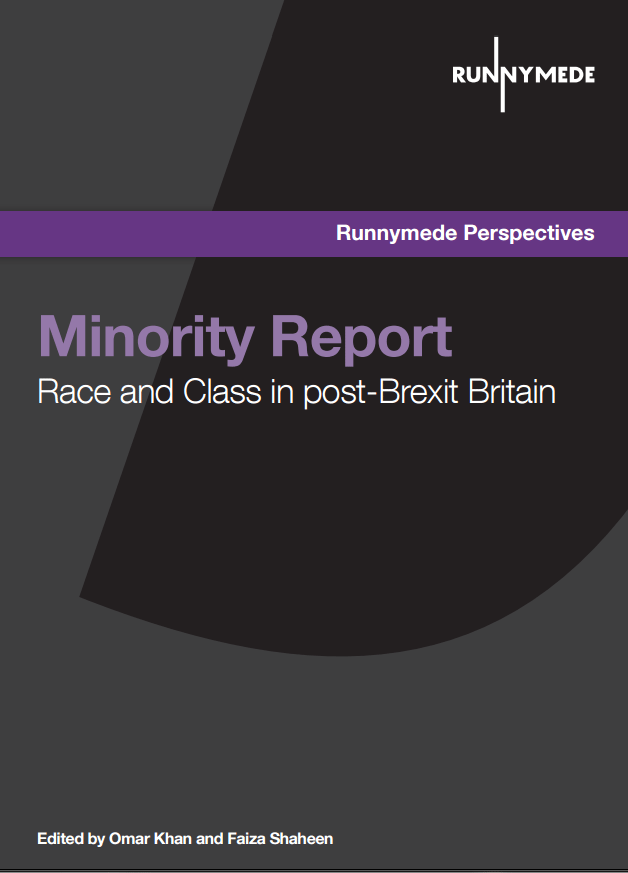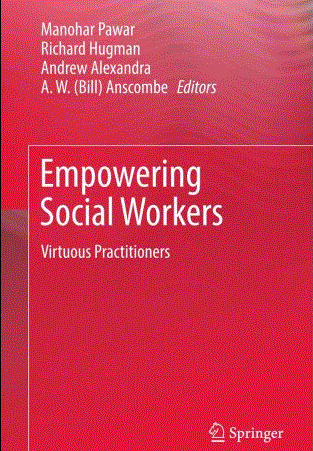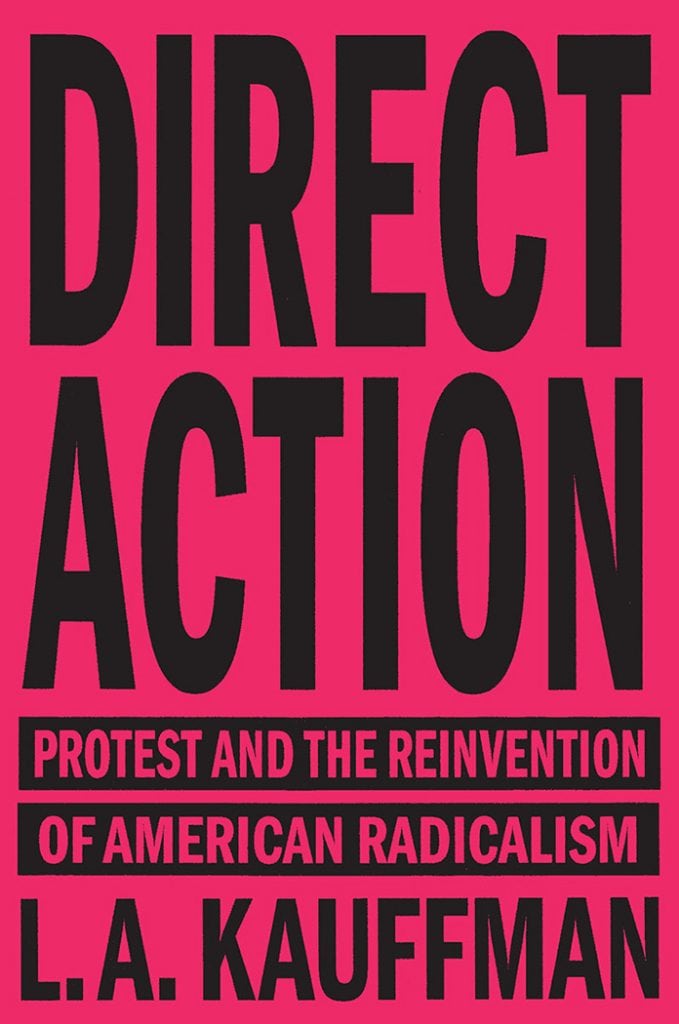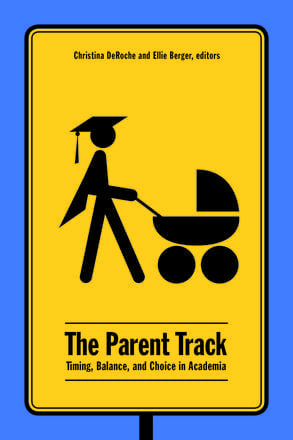Corrections: From Research, to Policy, to Practice
Basics of Psychotherapy: A Practical Guide to Improving Clinical Success
On the Map: The Dynamics of Family Homelessness in New York City 2017
Routledge Handbook of Disaster Risk Reduction Including Climate Change Adaptation
Learning Cognitive-Behavior Therapy An Illustrated Guide, Second Edition [Core Competencies in Psychotherapy]
The Book of Endings
The Age of Inequality: Corporate America’s War on Working People
Realizing Roma Rights
Deviance: Social Constructions and Blurred Boundaries
“A Roof Over My Head”: Homeless Women and the Shelter Industry
Theory for the Working Sociologist
The Field Researchers Handbook: A Guide to the Art and Science of Professional Fieldwork
Key Figures on Europe — 2016 edition
Emancipation Processes and Deaf Flourishing
International Express: New Yorkers on the 7 Train
The Ethics of Opting Out: Queer Theory’s Defiant Subjects
Urban Europe — Statistics on cities, towns and suburbs
Mourning in America: Race and the Politics of Loss
The Violence of Climate Change: Lessons of Resistance from Nonviolent Activists
Out of Harm’s Way: Creating an Effective Child Welfare System 1st Edition
In the Wake of Trauma: Psychology and Philosophy for the Suffering Other
Just Jen: Thriving Through Multiple Sclerosis
Subversive Stages: Theater in Pre- and Post-Communist Hungary, Romania, and Bulgaria
Gender in the Twenty-First Century: The Stalled Revolution and the Road to Equality
The Medicine of Peace: Indigenous Youth Decolonizing Healing and Resisting Violence
Cold War Freud: Psychoanalysis in an Age of Catastrophes
The Other Side of Assimilation: How Immigrants Are Changing American Life
The Winona LaDuke Chronicles: Stories from the Front Lines in the Battle for Environmental Justice
The Art of Creative Research
Rethinking the Economics of Land and Housing
Power and Resistance: Critical Thinking about Canadian Social Issues, Sixth Edition
The human atlas of Europe: A continent united in diversity
Doing Anti-Oppressive Practice Social Justice Social Work, Third Edition
Explaining Suicide: Patterns, Motivations, and What Notes Reveal
Exploring the Role of Accreditation in Enhancing Quality and Innovation in Health Professions Education: Proceedings of a Workshop
Implementing Evidence-Based Prevention by Communities to Promote Cognitive, Affective, and Behavioral Health in Children: Proceedings of a Workshop
Health Care as a Right of Citizenship: The Continuing Evolution of Reform
Where academia and policy meet: A cross-national perspective on the involvement of social work academics in social policy
The Clintons’ Anti-Working-Class Record: Why Washington Fears Working People
Trans: A Memoir
Dark Matters: A Manifesto for the Nocturnal City
Splinterlands
Asian America: A Primary Source Reader
Minority Report: Race and Class in post-Brexit Britain
Empowering Social Workers: Virtuous Practitioners
Direct Action: Protest and the Reinvention of American Radicalism
The Parent Track: Timing, Balance, and Choice in Academia
The Parent Track provides an in-depth understanding of parenting in academia, from diverse perspectives—gender, age, race/ethnicity, marital status, sexual orientation—and at different phases of a parent’s academic career. This collection not only arrives at a comprehensive understanding of parenthood and academia; it reveals the shifting ideologies surrounding the challenges of negotiating work and family balance in this context.







